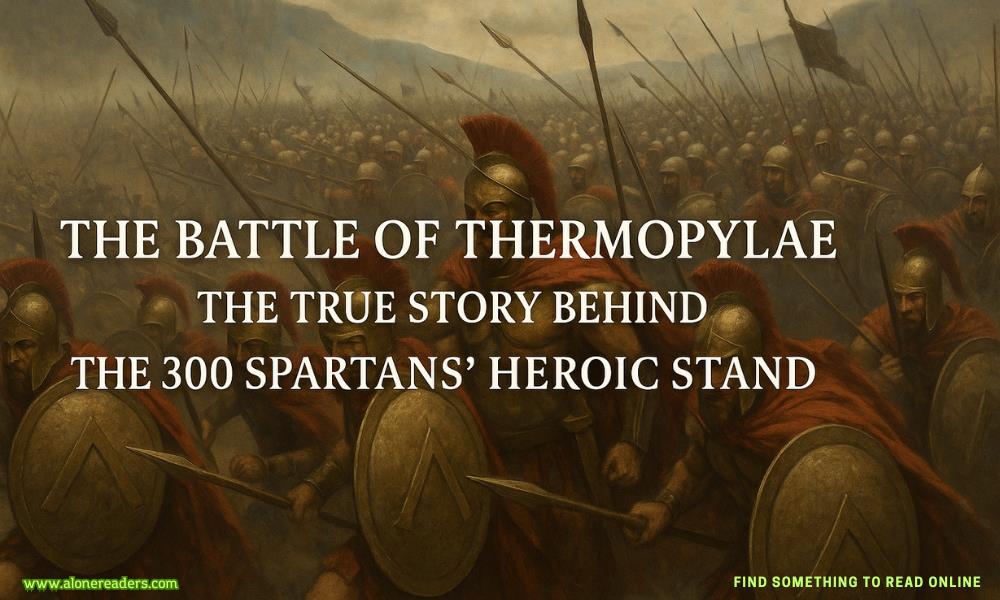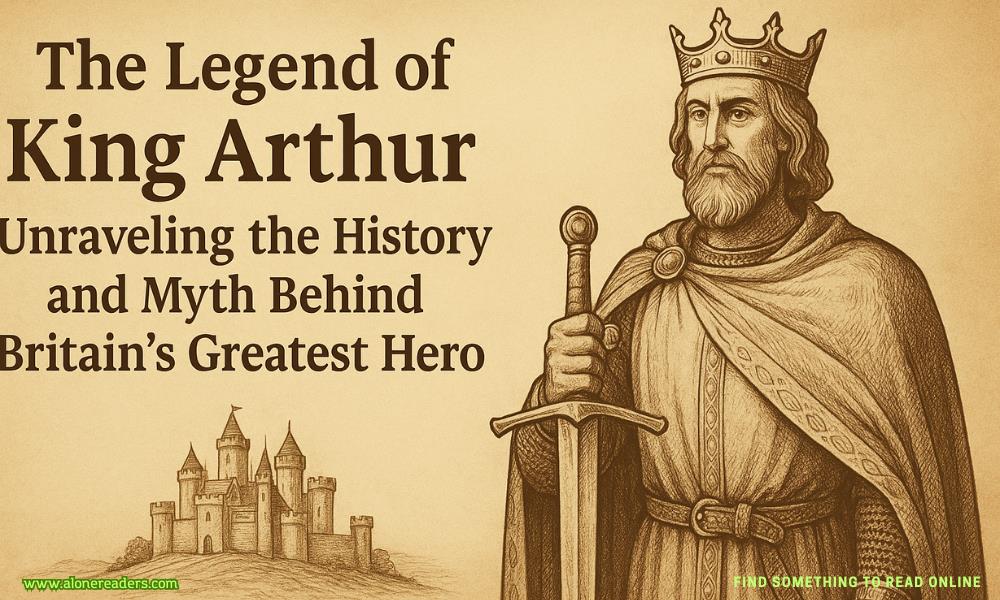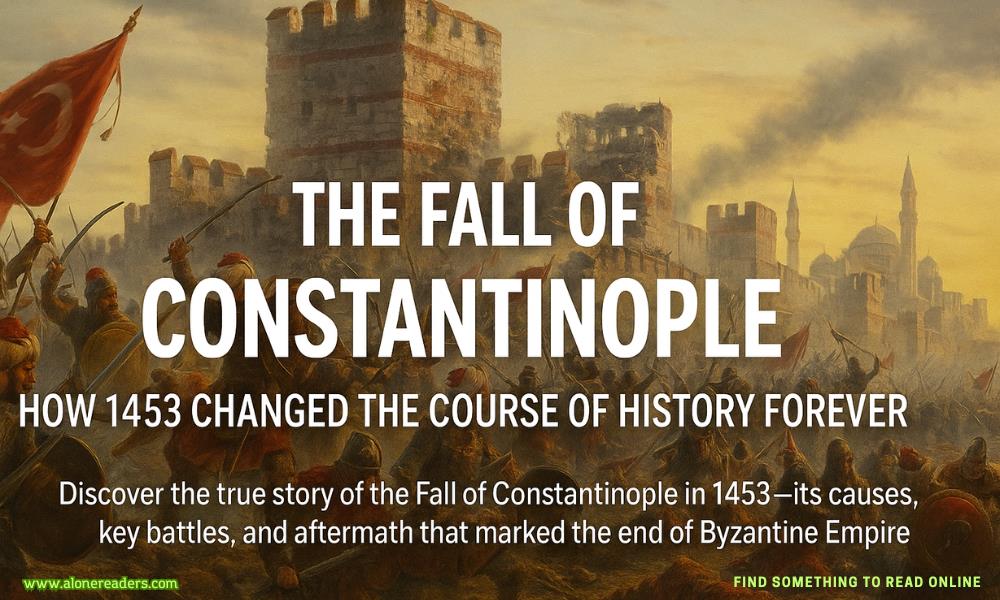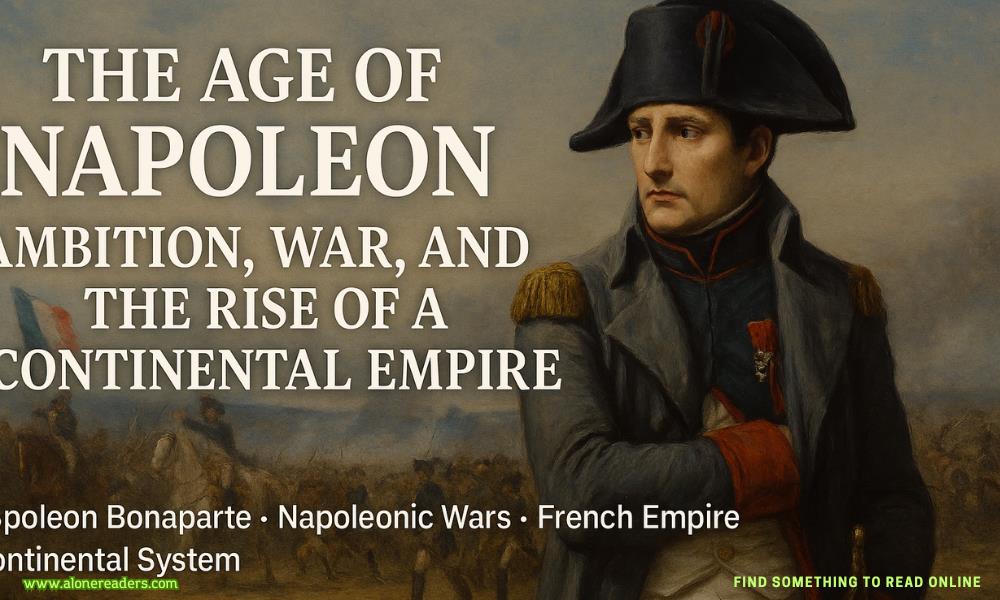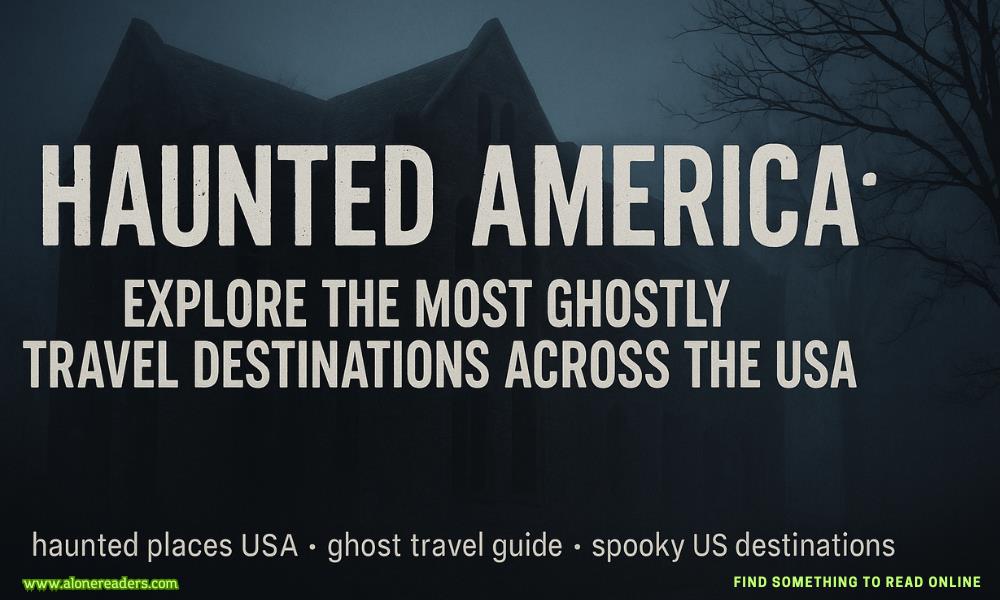Page 75 of Broken Country
Frank had thought for a long time before he answered me. “We’re guardians, you and me, of something even bigger than family. We have to preserve the land for the future. What would happen to it if we weren’t here?”
Judge Miskin leans forward. “Do you need a break, Mr. Johnson? The court understands this is hard for you.”
Frank shakes his head. “I’d like to carry on please, my lord. To answer the question, if I got my facts wrong, it’s because my mind blanked in the moment, and afterwards it was hard to remember exactly how it happened.”
Robert says: “In your police statement you said your brother had been provoking you. He called your wife somepretty unpalatable names which we need not repeat here. I must ask you, did that make you angry?”
“Not really. I knew he didn’t mean it. Wouldn’t remember it in the morning, anyway. I knew how much Jimmy loved Beth, he thought of her as his sister.”
“Did you mean to harm your brother that night, Mr. Johnson?”
“No. I was trying to save both of us from injury. My whole life, I have only ever wanted to keep my brother safe.”
At last, we have reached the crux of the trial—the prosecution’s cross-examination of the defendant. My husband under attack, no way of helping him. The jury watching intently for any change in his voice, his expression. All too soon he will be found guilty or acquitted. And these minutes matter more than any others.
“Mr. Johnson.” Donald Glossop begins in a light, conversational tone. “When did you first learn to shoot?”
I can tell from the way he hesitates Frank is thrown by the question. He glances at Robert on the counsel bench, trying to work out how best to answer.
“Allow me to simplify that for you. Growing up on a farm, I assume you learned to hunt at a young age?”
“Around six or seven, I think.”
“And this was a skill you passed on to your son?”
“My father taught Bobby to shoot.”
“At a similar age, six or seven?”
“Yes.”
“It would be fair to say, then, guns were part and parcel of life on the farm?”
“Yes.”
Frank’s “yes” is cautious. He knows there is a sting coming, but he can’t tell what it is.
“Guns left loaded in the porch, guns lying around in thekitchen, guns in the dairy, guns in the lambing sheds. An entire arsenal of guns, in fact, and none of it kept locked up for safety.”
Robert leaps to his feet, but before he can interject, the judge says: “We are not here to talk about the safekeeping of weapons, Mr. Glossop. Your point?”
“Just trying to paint a picture, my lord. Mr. Johnson, how many times have you fired a gun in your lifetime, do you think? Five thousand? Ten thousand? Let us say innumerable times. How is it, then, you did not know whose finger was on the trigger when the gun you were holding killed your brother?”
For a second Frank doesn’t react, uncertain from Donald Glossop’s delivery if he is asking a question.
“I know I grabbed hold of the barrel. I believe in wrenching it too forcefully the gun misfired.”
“Are you a liar, Mr. Johnson?”
“No. I am not.”
“Yet you changed your story, didn’t you, once the pathology report came in? Youcame up witha scenario in which you might possibly have staggered.”
I hate this man. For his silky-smooth sarcasm, for the inverted commas you hear within his speech.
“The two of us were holding the gun, that’s what I remember. And then it went off.”
“Yes, yes.” The prosecutor is dismissive now. “So we have heard. You were angry with your brother, weren’t you?”
- Her Desert King by Marian Tee
- A Wife's Duty by Sam Crescent
- The Gift that Keeps On Giving by Jessa Kane
- Hard Hearts by Ella Goode
- Obsidian Devotion by Sylvia Rae
- Sold to the Single Daddies by Summer Haze
- Coast by Jessica Gadziala
- Jezebel's Liberation by Lacy Rose
- A Touch of Fate by Cora Reilly
- Relentless Knight by Lisa Cullen
- The Cheerleader by Jade Marshall
- With this Ring by Sierra Cartwright
- Axel by Kelly Finley
- Ice Cold Liar by Cynthia Eden
- Her Daddies' Everything by Laylah Roberts
- Bound By Lust by Rose Marie
